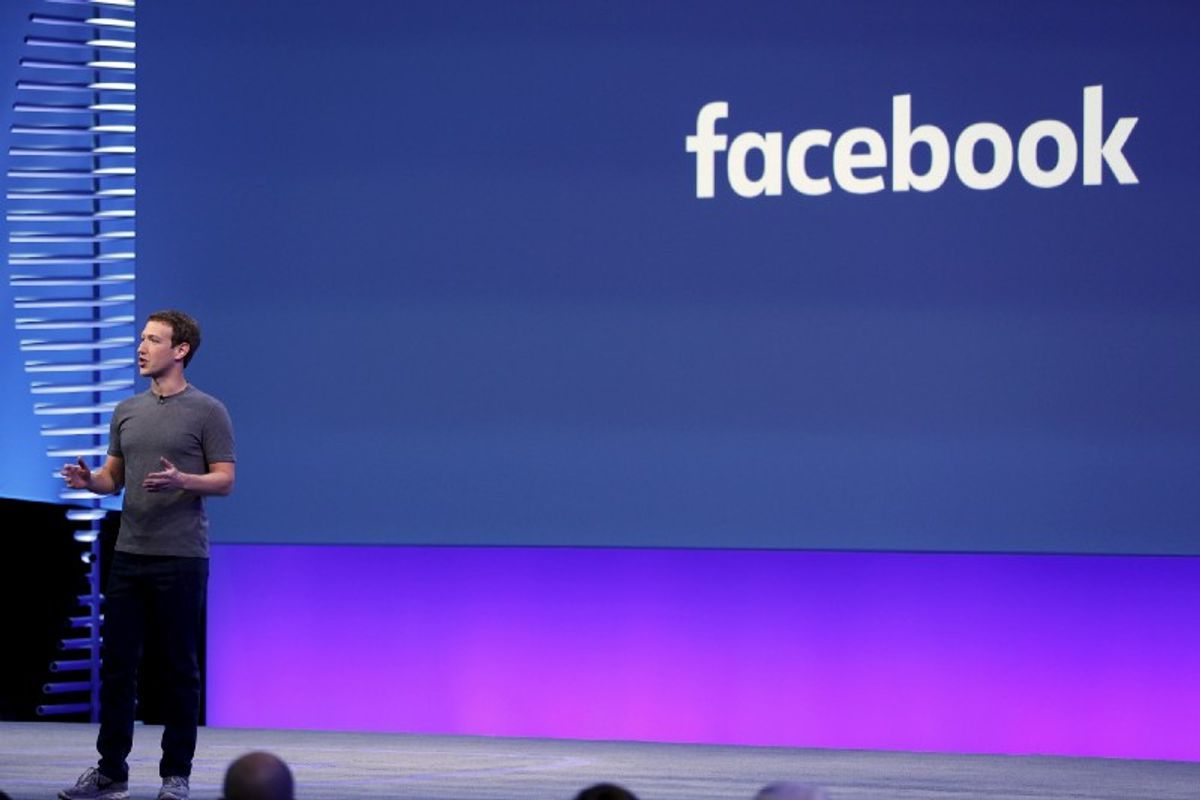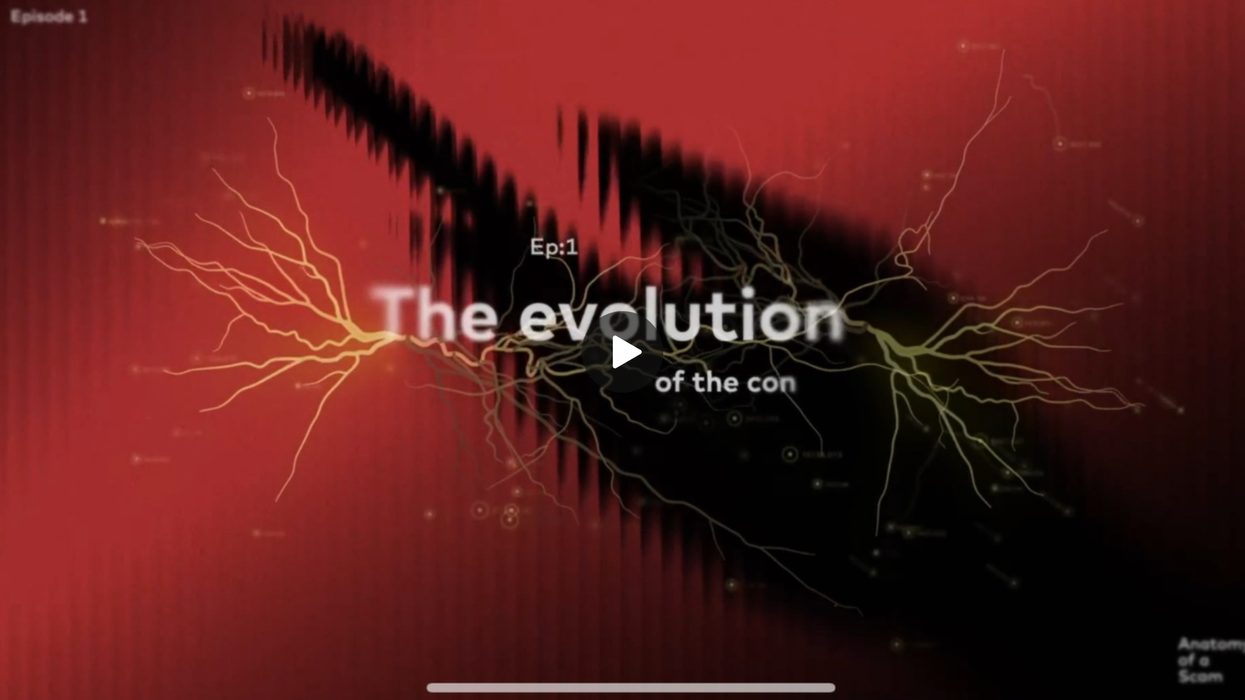Here’s an uncomfortable fact of life in the 21st century: we live in a world where algorithms increasingly decide what we see, hear, and think. Facebook offered a stark illustration last week when it announced it would tweak its news feed to emphasize more updates from family and friends, and fewer stories from publishers and brands.
Founder Mark Zuckerberg (who elected him editor-in-chief?) says the changes are intended to improve the wellbeing of the site’s 2 billion-plus users, but publishers, who have increasingly come to rely on Facebook for ad revenue, were taken aback. Meanwhile, there are already signs that the tweaked code could have unintended consequences, including potentially exaggerating the influence of “fake news.” It’s a reminder that building the world’s most influential website is the easy part. Managing the political fallout of wielding that much power? It’s complicated.



















